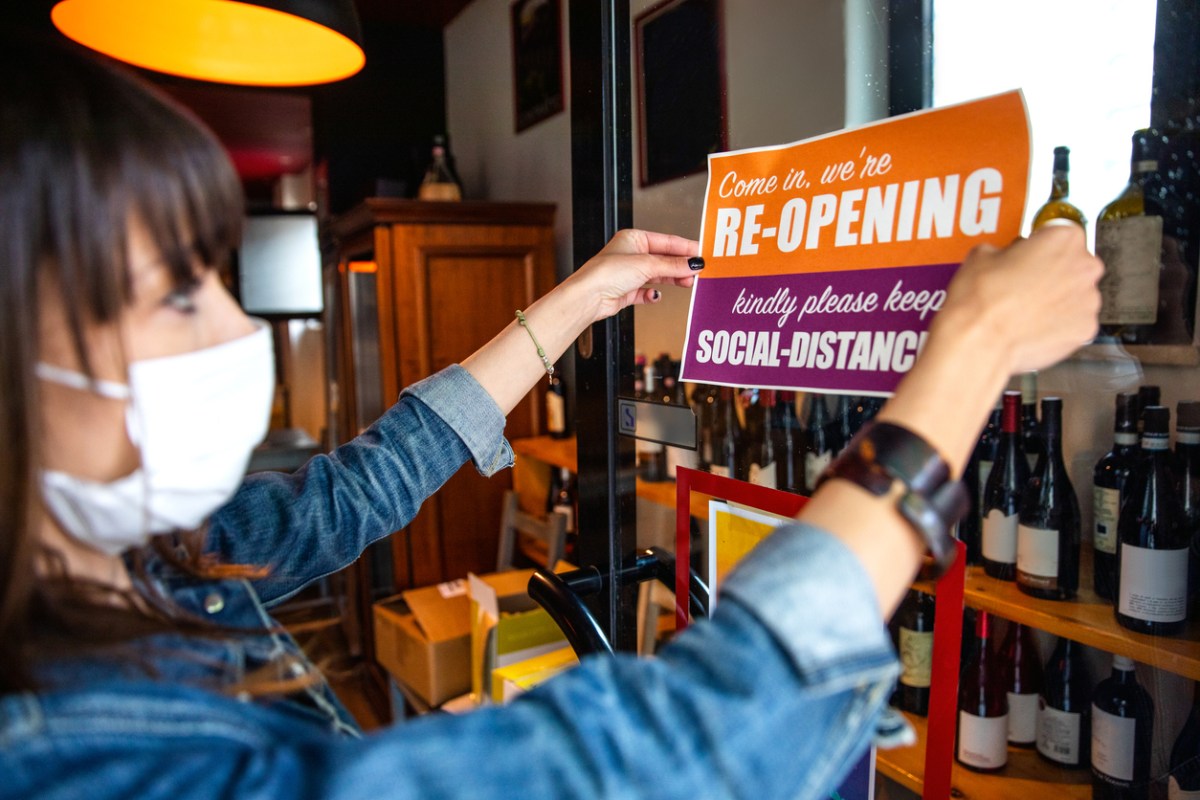Australian retail workers have suffered through COVID-19, with new research highlighting that two-thirds of the retail workforce experienced a mental health condition since the beginning of the pandemic.
Drawn from Australia’s largest workplace mental health study, Indicators of a Thriving Workplace Report, Spotlight on the Retail Industry 2020, is a snapshot of mental health and wellbeing in the Australian retail workforce.
The report found that 66 per cent of retail workers have experienced a mental health condition – the second highest proportion of any industry behind the hotel and food services industry (68 per cent). Among those, casual workers were hit the hardest (70 per cent).
Retail jobs were reported to have become more stressful, with anecdotal evidence revealing that the general public were a major source of stress, with many retail workers experiencing verbal and physical abuse from customers. One in five admitted to finding their jobs ‘highly stressful’ (up 4.8pp from 2019) – most common in Victoria (26.6 per cent) due to extended periods of Stage 4 pandemic lockdown.
As a result, nearly one in four (23.4 per cent) retail workers considered a career change to a different industry since the pandemic emerged.
The research shows that around a quarter of retail workers believe their workplace is, at best, only moderately committed to preventing the spread of COVID-19, with minimal personal protective equipment available.
Nearly half (45.8 per cent) of on-site retail workers experienced lower productivity due to worrying about COVID-19 transmission, even more than health care and social assistance workers (40.6 per cent).
Job insecurity also negatively impacted productivity: highest among smaller retailers (38.7 per cent), compared to 19.3 per cent for large retailers.
SuperFriend CEO Margo Lydon, said that the results of the research weren’t all negative.
“In our study, retail workers have clearly identified a wish list of positive work-related changes they would like to continue in the future,” Lydon said.
“Many of these relate to feeling more valued and respected as frontline workers, an improved sense of personal safety at work, stronger workplace relationships and more flexibility. With well-trained managers, strong leadership and a supportive zero abuse policy, we think that’s achievable.”
If you or anyone you know is affected by depression or other mental health issues, support can be found by contacting:
Lifeline on 13 11 14
Kids Helpline on 1800 551 800
Suicide Call Back Service on 1300 659 467

